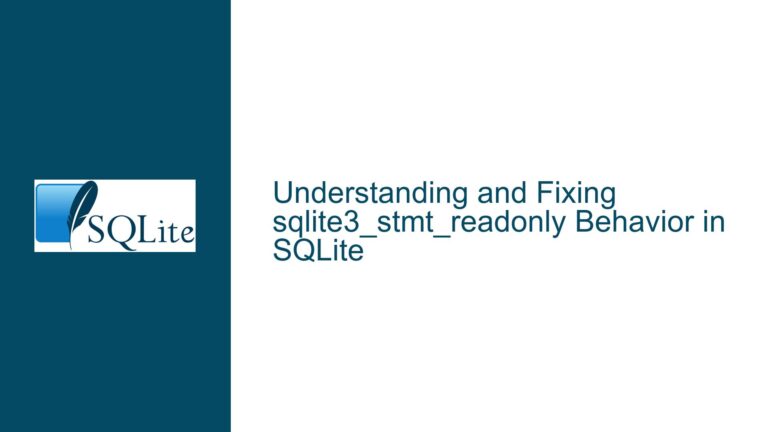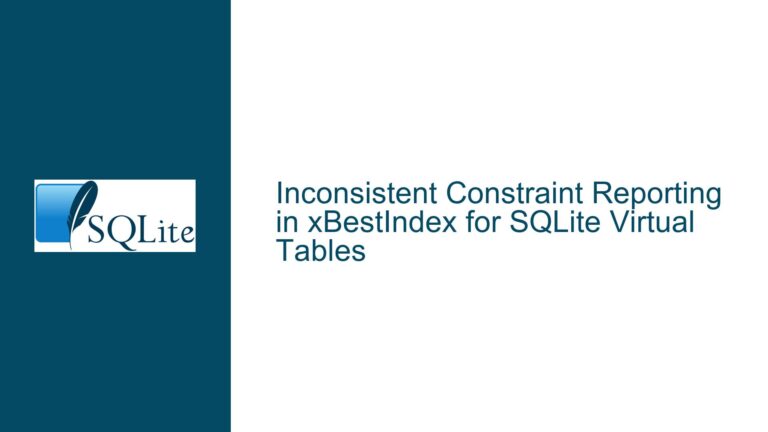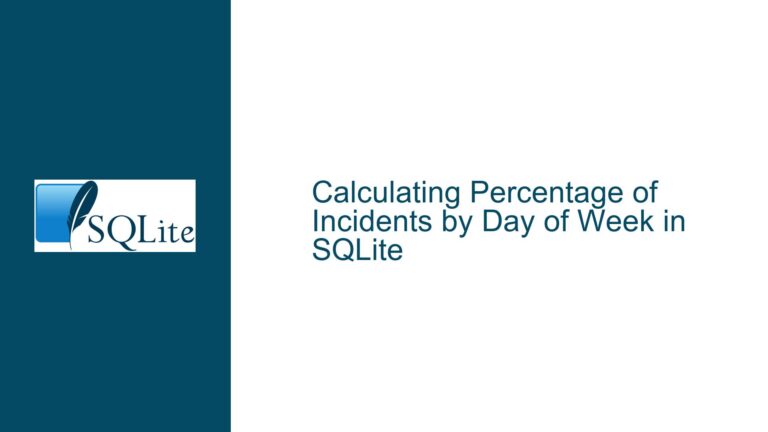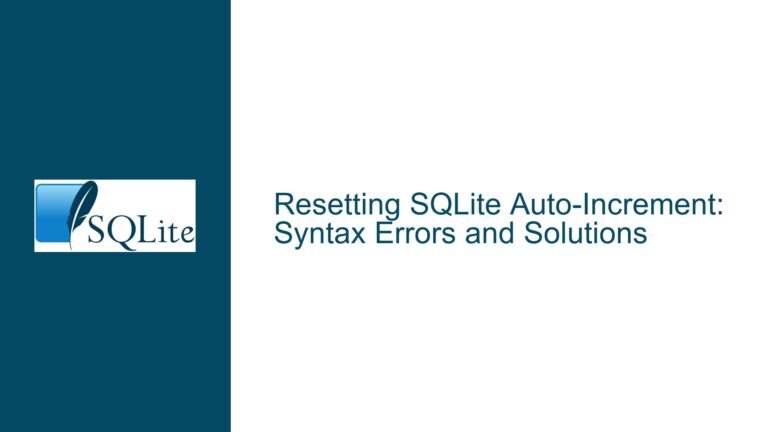Exporting MySQL Database to SQLite for DB Browser Usage
MySQL to SQLite Conversion Challenges and Requirements Exporting a MySQL database to SQLite for use in tools like DB Browser involves navigating several technical challenges and understanding the fundamental differences between the two database systems. MySQL and SQLite, while both relational databases, differ significantly in their architecture, feature sets, and data handling capabilities. MySQL is…









